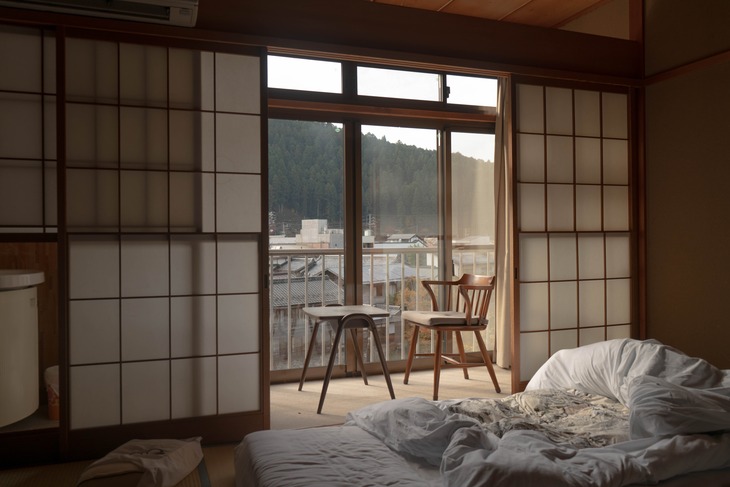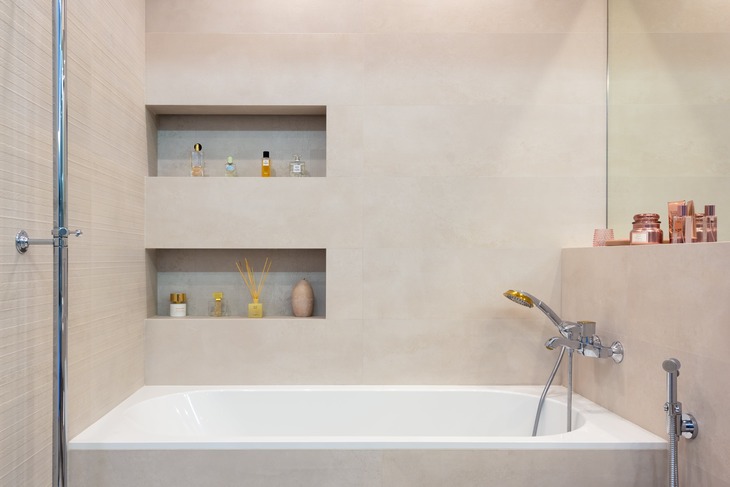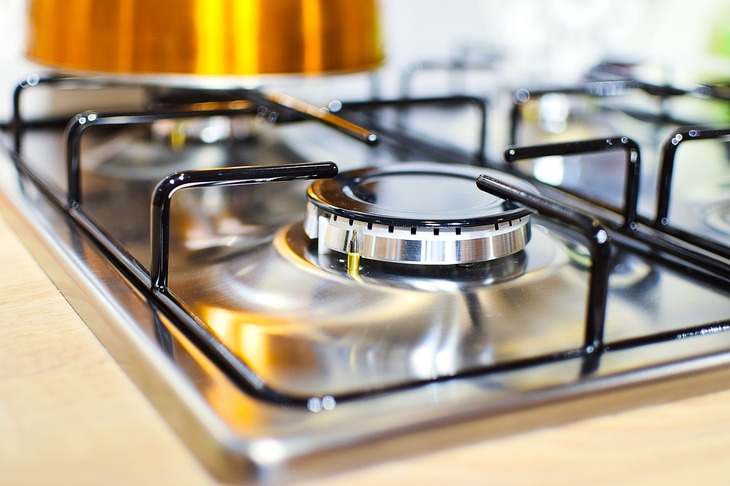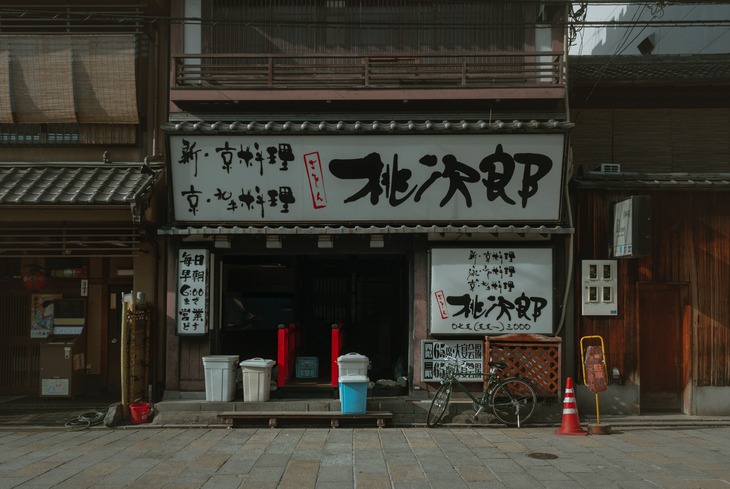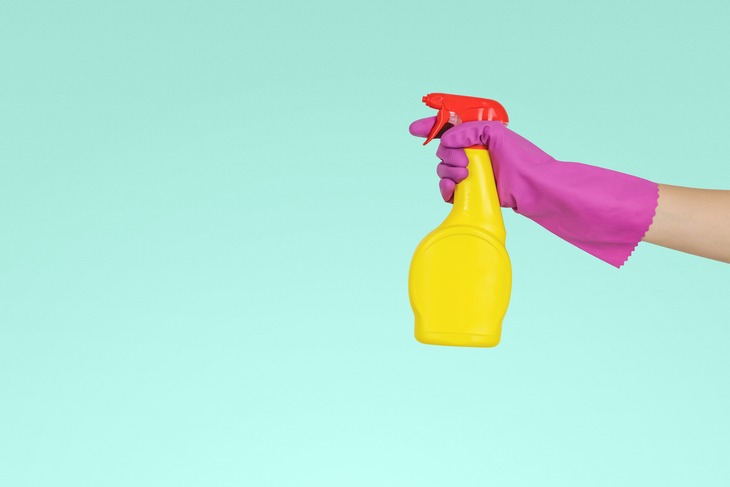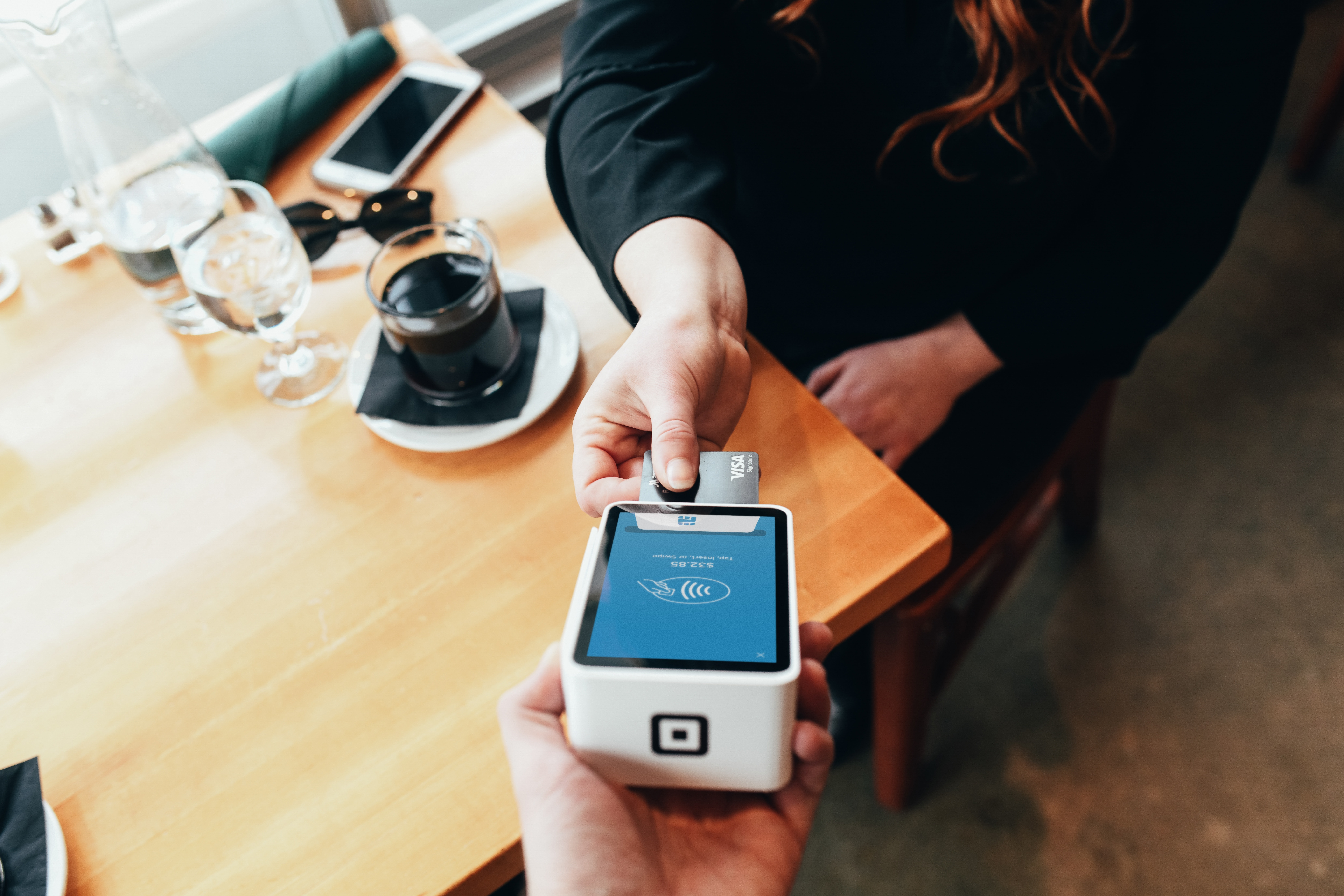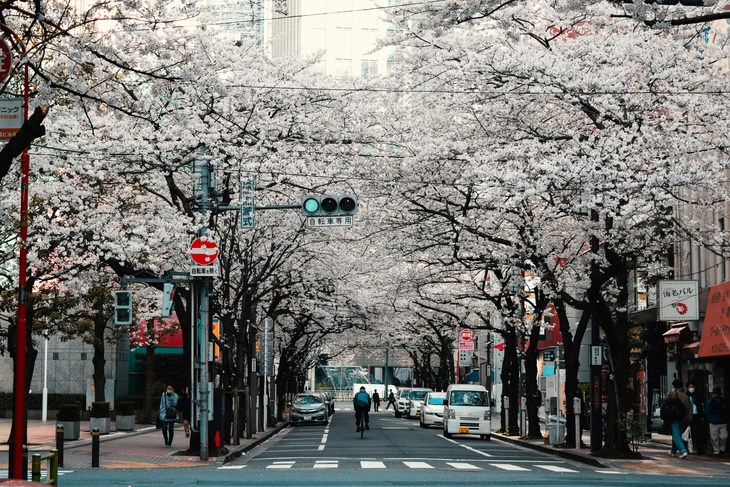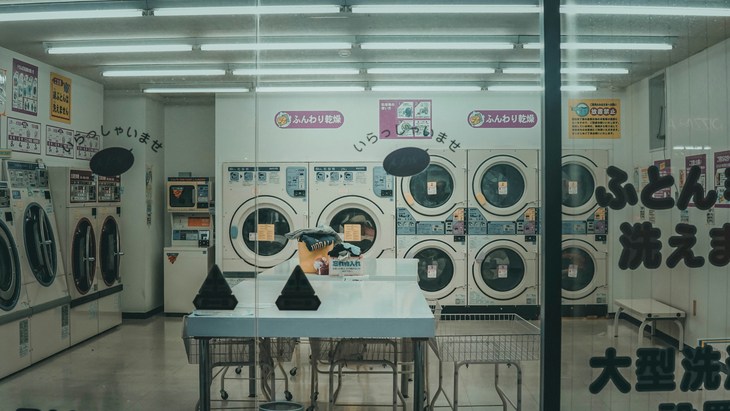How to Keep Your Home Clean in Japan!
When you live in Japan, cleaning or maintaining your apartment regularly is essential if you want to keep your home dust, dirt, and most importantly mold-free. Since most parts of Japan are dry in the winter and hot and humid in the summer, you may be faced with problems in your home that you are not used to depending on your home country. If you don't face these cleaning challenges quickly, they'll only get much worse, so to help you keep your apartment clean we've compiled some tips to help you clean three of the most challenging parts of any Japanese apartment: the bathroom, the kitchen, and the air conditioners.
Bathroom Cleaning
Keeping all your bathroom areas clean, including the bathtub and shower room, the toilet, and the sink, is especially important in Japan because if you do not regularly clean these areas, mold may start running rampant. So here are some tips on how to keep each of these areas spotless.
・Bathtub & Shower Room
If you don't want to deal with mold, you must clean your bathtub and shower room regularly. In particular, make sure you scrub the bathtub, remove mold (which usually looks like black specks) and pink stains (actually a form of bacteria that forms in soap scum) from the walls and floor, and clean hair clogs in the drain as often as possible.
Shower drains in Japan are almost always beneath a cover and have a hair catcher over them to, as the name implies, catch hair. Hair, soap scum, and gunk build up fast on these, especially if you or someone in your household has long hair, so cleaning it out once a week or more isn't a bad idea. We recommend using an old toothbrush to clean the hair catchers properly since the bristles can do a good job of getting into the hair catcher's little holes. And don't neglect the bottom of the cover either, as over time it will get covered in gunk and pink stains as well.
To get rid of mold, you can use a mold-cleaning spray like the popular カビキラー. Spray down the whole room, let it sit for an hour, then rinse. There are also many regular bath cleaners on the market that you only need to spray, wait for a few minutes, and then rinse off. These are better suited to regular use since they won't be able to get rid of tough stains or mold without some scrubbing.
Water stains will also build up quickly on sinks, faucets, and bathroom mirrors, so rinsing and wiping these off right after using the shower will help you keep them clean. You could also buy a dedicated water wiper to keep mirrors clean.
For tough stains, try this:
- 1. Mix baking soda and water in a spray bottle
- 2. Spray it on stubborn stains, and attach kitchen paper.
- 3. After about 5 minutes, remove the paper and thoroughly rinse the area.
- 4. Wipe the area with dry kitchen paper.
There are a few things you can do to prevent or slow the buildup of mold and mildew in your bath. First, keep the ventilator fan running at all times. Next, when you're finished showering, spray down the whole room with cold water. Mold loves warm, damp, humid environments, so doing this will slow down its growth. This is especially important to do in the summer in Japan since it will be so humid outside.
・Toilet Cleaning
There are many disposable sheets on the market specifically for cleaning toilets, which can be flushed after use. Wipe down all toilet surfaces (especially the seat) with these sheets, and then just flush them down the toilet for easy disposal!
Get yourself a dedicated toilet cleaner and brush to deal with the toilet bowl. If you neglect the toilet bowl for too long, it can get very challenging to clean, so make it a habit of scrubbing it down.
The tank is probably the most neglected part of the toilet, so try to wipe it and clean it out at least once a week. If you don't, tank stains will likely build up and become very hard to clean.
・Sinks
Water stains, soap scum, and other dirt can build up on sinks, so regularly wipe it down and clean it with a sponge, especially around areas where water tends to build up. The base of the faucet is an easy spot to forget to clean, but lots of water builds up around there, so be sure to remember to wipe around there too.
It's also a good idea to use specific drain cleaners regularly to make sure your pipes don't get clogged up or start stinking up the house. This applies to any drain in your home, be it in the bathroom or kitchen.
Kitchen Cleaning
While it may seem obvious to keep the kitchen clean, especially if you cook a lot, there are some things you may overlook. Here are some ways to keep your kitchen looking beautiful.
・Cleaning up the Stove
Whenever you cook you should clean up right after, focusing on areas prone to oil buildup or splatter. Many apartments have backsplashes that get covered in oil, sauce, and so on, and so you should wipe those areas down right after you finish so that you don't have to fight any tough residue in the future. In particular, try to clean up any oil as soon as you finish since oil becomes more challenging to clean up the longer it sticks around. Also, be sure to clean the exhaust vents if your stove has them, as gunk from cooking can get into those and make them an oily, potentially dangerous mess in the future. There are many kitchen-specific cleaning sprays you can buy that will help keep these areas of your kitchen spotless.
・Kitchen Fan Blades
Kitchens in Japanese apartments usually have exhaust fans to keep smoke from filling up the house, but these fans can get dirty and covered in all kinds of material over time. Here's how you can periodically clean the fan blades:
- 1. Remove the fan parts and place them in a double-layered plastic bag.
- 2. Dissolve enzyme-based bleach in warm water (approx. 40-60°C) inside the bag.
- 3. Soak for about 2 hours, scrub off dirt with a sponge, and rinse thoroughly.
- 4. Dry them off with a cloth
Doing this will help keep your apartment not only clean but also safe since dirty exhaust fans can't expel smoke as efficiently as clean ones.
Air Conditioner Cleaning
Since air conditioners in Japanese apartments are usually positioned in a high place, it's easy to forget about cleaning them. But doing so periodically is a wise move, since it prevents filter clogs, helps prevent mold growth, and can save you electricity costs long-term.
・Cleaning the Filters
This is something you can do easily on your own and should be done once a month or so in order to make sure that dust isn't reducing the efficiency of your air conditioner. Follow these steps to keep your air conditioner's filters clean and dust-free.
- 1. Unplug the air conditioner power cord.
- 2. Dust off the top of the air conditioner with a handheld duster.
- 3. Open the front panel of the air conditioner. The exact way of opening the front panel varies depending on your air conditioner model, but there might be a lock release button at both ends of the bottom of the panel that you can press to get it to open. If there's no button, gently pull the bottom of the front panel to open it.
- 4. Use a vacuum cleaner to suck up some of the dust before removing the filter. Doing this will help you avoid scattering dust all over your apartment as you remove the filter.
- 5. Remove the filter slowly.
- 6. Vacuum the surface of the filter.
- 7. Wash the filter from the back with a shower or hose, pushing the dust out in the opposite direction from when you vacuumed.
- 8. Wipe away excess moisture with a towel.
Once the dust is removed, place the filter between two towels, press gently to remove water thoroughly, and then allow it to dry completely. Once the filter is free of moisture, hang it outside or place it upright to ensure complete drying. Do not put the filter back in the air conditioner while it is still wet!
・Keeping Your Air Conditioner Clean
Most modern air conditioners in Japan have an internal cleaning function or air circulation function that you should use regularly to keep the inside of the air conditioner dry and prevent the growth of mold. Again, mold loves to grow in damp, dark, humid places, and the inside of an air conditioner is an ideal place for it to grow. You should run the cleaning or air circulation function for at least 30 minutes before completely turning off the unit no matter the time of year, but the most important time to do it is after using the air conditioner in the summertime. Mold in air conditioners can cause headaches, sore throats, and other discomfort even if you do not have mold allergies, so this is a quick and easy way to keep that from happening.
Air conditioners have a lot of intricate parts inside, so it is usually a good idea to hire a professional cleaner every year or every two years to give your air conditioner a proper deep cleaning. They'll be able to clean parts of the air conditioner that you cannot easily take care of on your own, so while costly in the long run your health and your electricity bill will thank you.
A Clean Home is a Happy Home
Though it takes time and effort, keeping your Japanese apartment clean will keep you happier and healthier during your time in Japan. If you don't have the time or are really averse to cleaning, there are also housekeeping services available around Japan that can take care of much of this cleaning for you.
For more information on housekeeping services in Japan with English support, check out our article on the subject by clicking here.
Good luck keeping your home clean!












